wan-wan
I found something interesting when I was studying onomatopoeia (onomatopoeia / mimetic word) in the last blog, so today it is about that.
First of all, once again about the definition of each of the onomatopoeia and mimetic words.
onomatopoeic wordOnomatopoeias are imitated sounds of things by lexical phrases. Even the same language varies from age. For example, dogs’ barks are expressed as “biyo” by Kyogen etc. It is relatively common to be written in katakana (sometimes referred to as onomatopoeia but now onomatopoeia is more common. There is also a position that calls a word simulating the voice of humans and animals of lower class of onomatopoeia as a onomatopoeia). The boundary between onomatopoeias and mimetic words is sometimes not clear. For example, “zazaza” in “bathed in water” is a sound that is leaning against the body, even if water represents an endless amount of water falling down, it is decided whether it is an onomatopoeic word or a mimetic word Hateful.
(from JapaneseWikipedia)
And mimetic word.
mimetic wordIt imitates things that do not emit sounds such as states and emotions with a phrase. (Originally it is not included in onomatopoeia). “Mimetic word” is further subdivided into inner feelings such as “Quasi-Vocabulary”, “Gern” and “Tsugaru” expressing the outer face such as “Kira (twinkle)” “Hira-hira (Flirsy)” “Buru Buru (Chilly)” There is a position to classify as “quasi-words”, but strict distinction is difficult. Also, there are Japanese intermediate phrases such as “Tappuri (plenty)” and “Chodo (just)” that are mimetic words and general vocabulary. The number of mimetic words is also a feature of Japanese.
(from JapaneseWikipedia)
By the way, the large invention “Sheeen” introduced in the previous blog belongs to mimetic words. Since mimetic words appeal directly to feeling, I do not know who made it but I think imagination and sense are wonderful. The facial expression field unintentionally loosens. It seems that a lot of mimetic words are also features of Japanese, it has delicacy of expressions by sound and words, and also has a feeling that it is likely to lead to manga culture as well.
Well, I’d like to dig through more about mimetic words, but today is about onomatopoeia “wan-wan”.
Because I am very interested in “it is the same phenomenon, but it is different by people” because “wan-wan” brought about a different expression by language.
If it says “wan-wan” is a dog’s bark, if I was born and raised in Japan I think that it is common recognition that 10 of 10 people got consent, but the world is wide. Does not it depend on the kind of dog kept in that language sphere? Anyway I cross thought, but for the time being I tell the difference between the sound and the notation.
- Japanese …… wan-wan
- English …… bow-wow, bark-bark, woof-woof, arf-arf, ruff-ruff
- German …… wau-wau
- French …… ouaf-ouaf
- Spanish …… guau-guau
- Dutch …… waf, woef, waf waf, woef woef
- Italian …… bau-bau
- Norwegian …… voff-voff
- Swedish …… voff
- Finnish …… hau-hau
- Norwegian …… vau-vau
- Russian …… gaf-gaf
- Chinese …… wang-wang
- Korean …… meong-meong
- Hindi …… bhu-bhu
- Thai …… hong-hong, wob-wob
- Swahili …… gon-gon
- Arabic …… hau-hau
- Hebrow …… hav-hav
- タガログ語 …… hao-hao
- Samoan …… baw-gaw
- Catalan …… bub-bub
- Indonesian …… guk-guk
- Portuguese …… au-au
- Polish …… hau-hau
(from JapaneseWikipedia)
I think that it is already difficult to make each language and sound alphabetical notation, but still this difference is very interesting. Sounds that would make you want to imagine breeds with none of them.
Onomatopoeia that I have unexpectedly examined. It seems deep and leaps from that, and seems to be interesting in alternative expressions of sounds are not languages (how to express people’s words with the scale of a piano) something like this! I have found an interesting theme again.



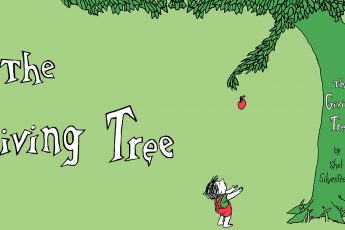


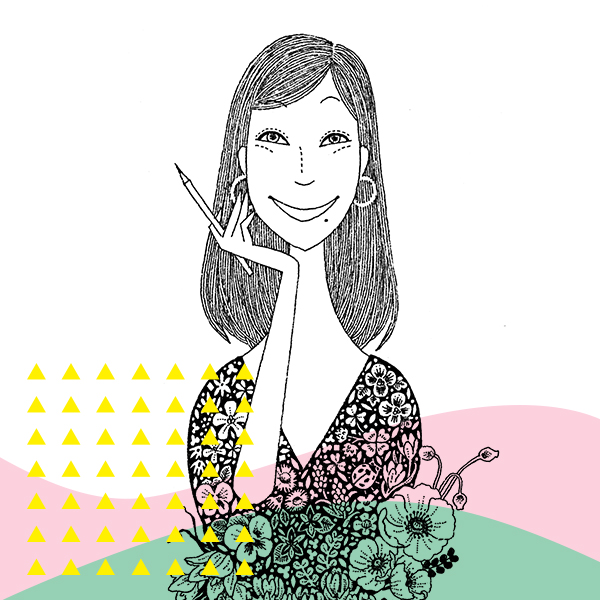
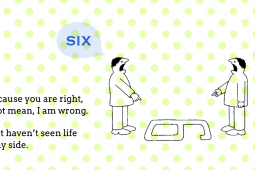
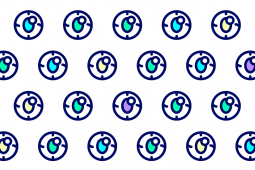

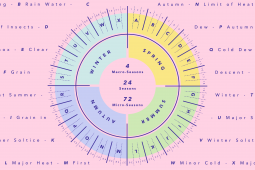


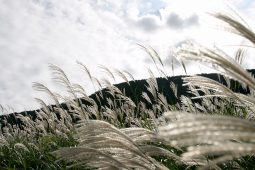
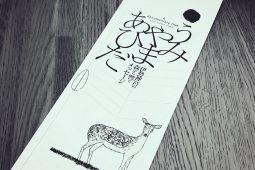


Leave a Comment